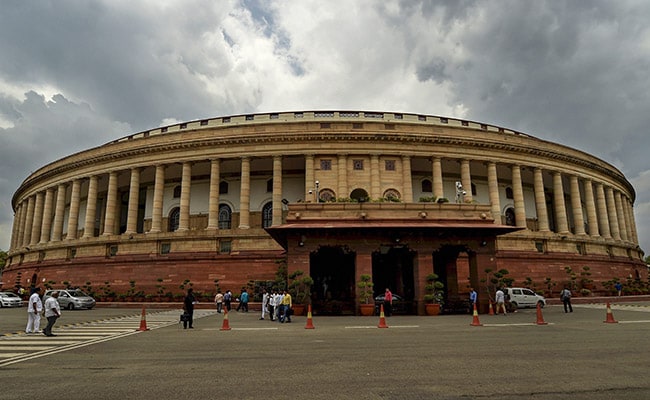Monsoon Session Ends: Political Tone Set For 2024, Big Ticket Bills Passed
Opposition had largely boycotted the proceedings raising the Manipur crisis and insisting on the Prime Minister speaking on it.

New Delhi: After 17 sittings spread over 23 days, the monsoon session, which started on July 20, came to a close on Friday. The parliament passed 23 bills during the session.
None of these had a thorough debate, with the exception of the Government of National Capital Territory of Delhi (Amendment) Bill, 2023. The Manipur problem was brought up throughout the proceedings, and the opposition insisted that the prime minister talk about it.
A contentious discussion resulted in the passage of the Delhi services bill. The Congress party was also seen firmly backing the AAP for the first time.
The no-confidence motion was the subject of a heated, three-day discussion during the session. Rahul Gandhi and other prominent figures challenged the government.
Setting the stage for the pivotal Lok Sabha election of 2024, Prime Minister Narendra Modi and Home Minister Amit Shah have launched full-throttle attacks on the opposition.
High-profile legislation was approved by voice vote, including the Data Protection Bill, which had been delayed for more than five years.
The storage and processing of personal data will be affected by this law.
The Registration of Births and Deaths (Amendment) Bill, which aims to create a complete database of births and deaths and makes the birth certificate a requirement for voting, education, employment, and welfare, was also passed by the parliament.
The requirements that make linking Aadhaar with birth certificates mandatory have drawn criticism from experts.
Two significant environmental bills were also approved by the legislature. The Forest Conservation Bill was passed following an hour-and-a-half debate in which no members of the opposition participated.
Many opposition parties have previously opposed many of these bills.
The Jan Vishwas Bill was passed, which the government claims will make it easier to do business in the nation.
The Indian Institutes of Management Bill, which would affect how these esteemed institutions govern their own operations, was also enacted.
Only at JioSaavn.com can you listen to the most recent music.
Three new laws have been introduced by Home Minister Amit Shah to reform the criminal justice system.
A law to remove the Chief Justice of India from a panel that selects election commissioners has also been presented by the government.
Comments